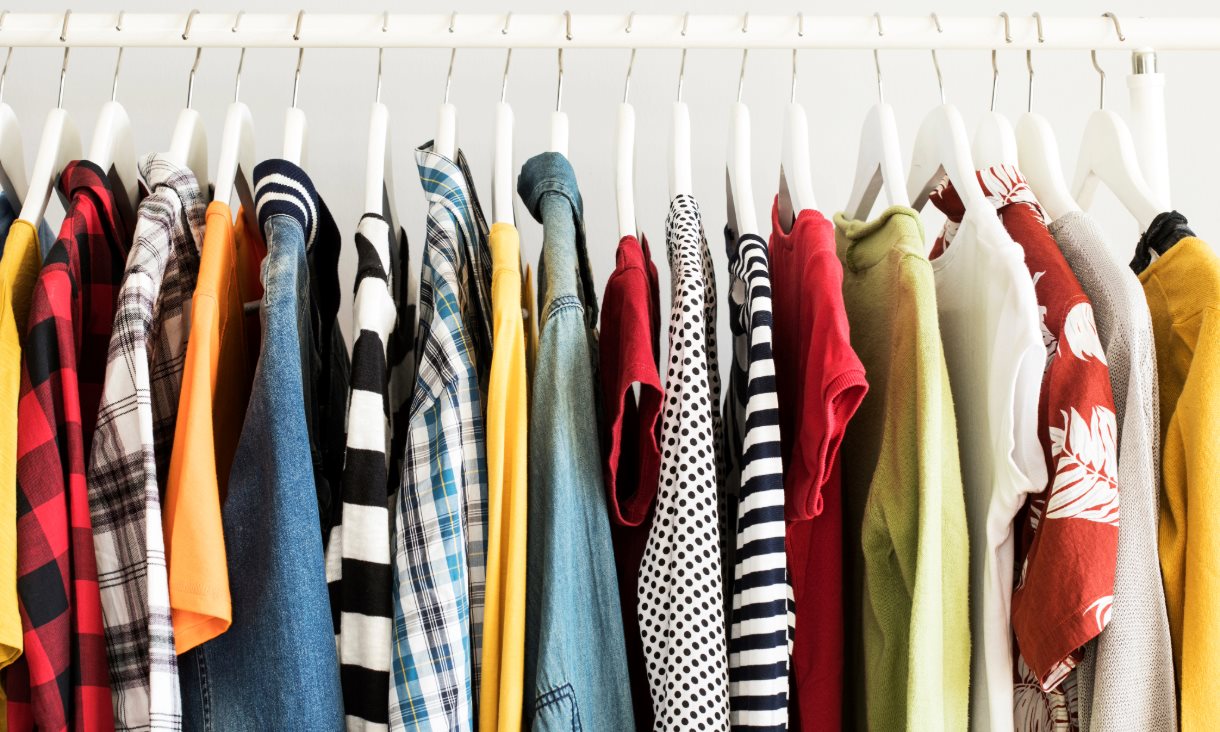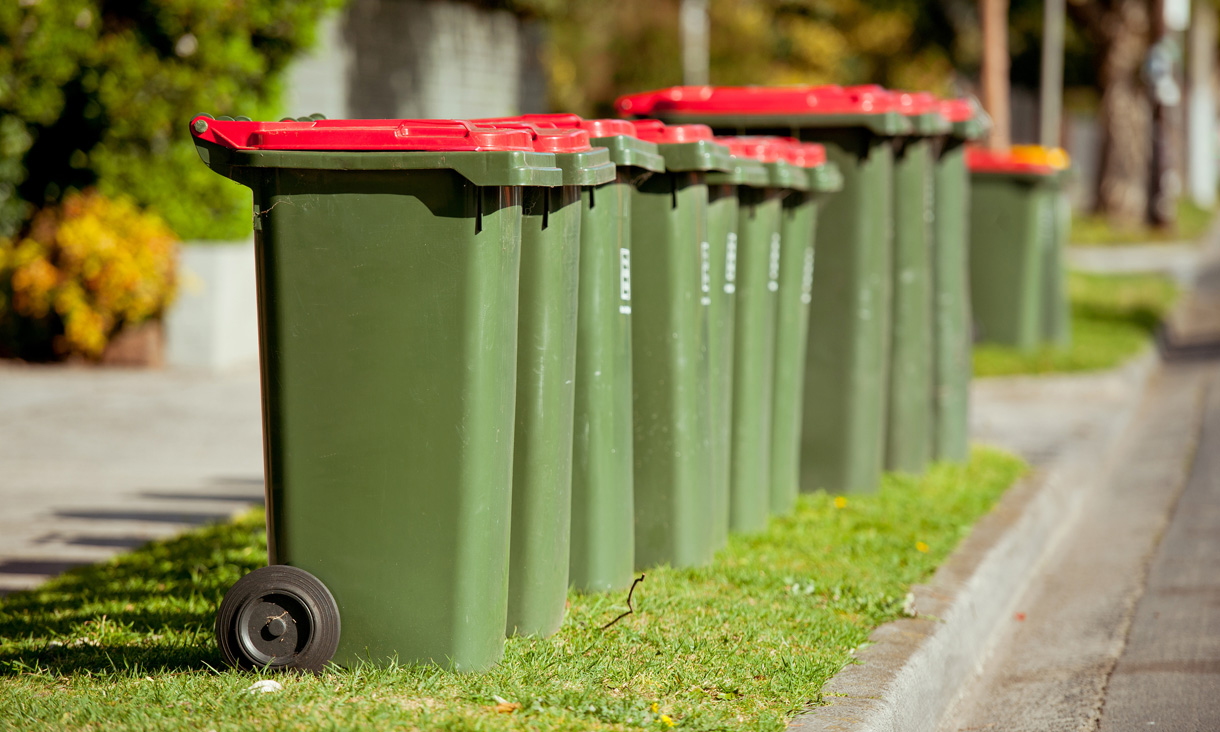Melbourne Fashion Week, which runs from 15-21 November, features city-wide events celebrating the best in Australian fashion, as well as thought-provoking talks, exhibitions, workshops and more.
With Melbourne enduring one of the longest-running lockdowns in the world, many people are wondering what impact this will have on the way we dress, now that the city has opened up and people begin returning to the office.
Will we all want to wear our activewear to work? Or have we been so deprived of the opportunity to dress up, that we’ll be donning a ballgown to go out for dinner?
Lecturer of Design and Technology at the School of Fashion and Textiles, Dr Kate Sala said while Melbourne is renowned for its subdued colour palette and love affair with black, we are likely to start seeing a lot more colour and flamboyance on Melbourne streets.
“History has shown us time and again that after large global crises, like in the case of both world wars and the recession in the early ‘80s, a period of excess and extravagance typically follows when it comes to fashion,” she said.
“And I think we are going to see the same thing happen here, now that things have opened up again. People will really be embracing the opportunity to dress up and use clothes as a way to communicate socially with each other.
“It will be a way to celebrate that sense of freedom and as a result that celebration is likely to translate into a lot of colour and print.”
While Melburnians will seize the opportunity to dress up again, Sala says there will be a reluctance to return to wearing clothes that are restrictive in any way.
“I think we’ll find that people are going to really throw caution to the wind when it comes to dressing and become quite experimental and have a lot of fun with what they wear.
“I think we’ll also see a lot more looser silhouettes and even when we’re channelling evening wear, people will still be looking for that sense of comfort and ease and that leisurewear vibe.
“For example, the trend for wearing sneakers with evening attire will continue, there will be a lot of mismatching and anything goes. It will be very experimental and bold and a lot of fun.”
Associate Dean of Fashion Enterprise at the school, Dr Stephen Wigley agrees that after spending the best part of 18 months working from home in more casual attire and, in many cases, activewear, Melburnians will be ditching garments that are uncomfortable or restrictive when they return to the office.
“I think one of the biggest changes in the way we dress in a post-lockdown world will be the casualisation of workwear,” he said.
“A recent survey of 20,000 consumers across 11 markets, including Australia, by global athleisure brand Lululemon, found that 81 per cent of respondents said they perform better at work if they feel physically comfortable.
“Of course, this doesn’t mean we are going to start seeing office workers returning to the city en masse in their activewear, it will simply mean that comfort will play a far bigger role in what we choose to wear to work when we do go back.
“So, we are likely to see less ties in many workplaces, for example, and women ditching more restrictive garments like skirt suits and high heels.
“And I think, most significantly, the pandemic will likely be the beginning of the end of the office dress code – or at least the emergence of a new dress code.
“Just as companies who fail to take a more flexible approach to working arrangements and adopt hybrid workplaces will struggle to attract and retain staff, organisations that persist with strict office dress codes are likely to face similar challenges.”
Tamzin Rollason, Lecturer at RMIT's Centre for Urban Research said consumers will also be seeking out fashion that is produced and sold locally.
“I’m already seeing a shift among people who have started to see the value in shopping locally,” she said.
I think the fact that we have spent more time at home and in our local neighbourhoods, due to ongoing lockdowns, means the local high street is really having a moment.
“And I think it will continue to do so, as hybrid working arrangements become the norm and because people are seeing the benefits to their local businesses, their local economy and in terms of convenience.
“While at the same time there has been a big shift towards online shopping, due to the closure of retail, that has been counterbalanced by some of those significant supply chain issues that we’ve been seeing. So, particularly, in the short to medium term, shopping locally will continue to be appealing.
Rollason said the pandemic had also driven more people to adopt, what she calls, “accidentally sustainable practices.”
“I’m hearing people say, ‘I’ve been wearing the same five items of clothing for the last year and a half and I don’t know why I’ve got all these clothes in my cupboard,” she said.
“Other people have had time to sort through their wardrobes, so there has been wardrobe rediscovery and so by sheer accident, or due to these extraordinary circumstances, people have been adopting these sustainable practices which are quite effortless, and really how sustainability should be.”
Story: Rachel Wells




